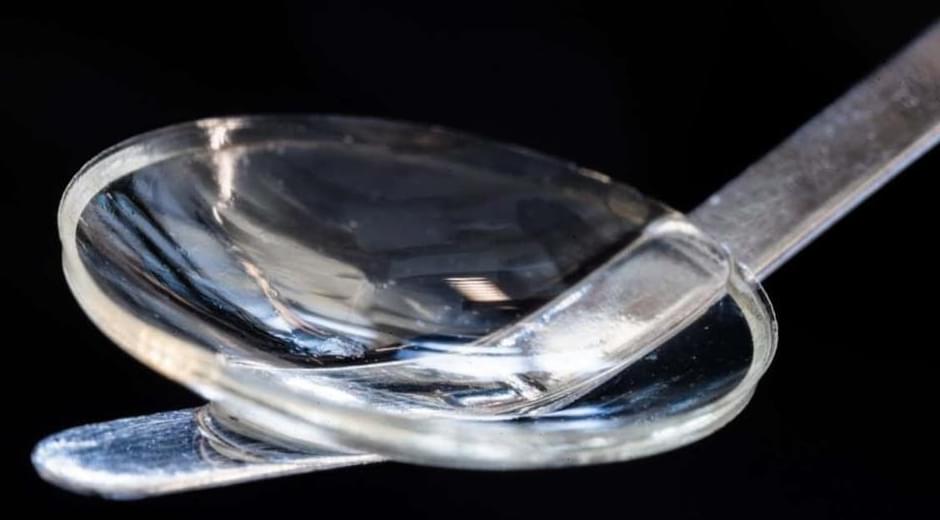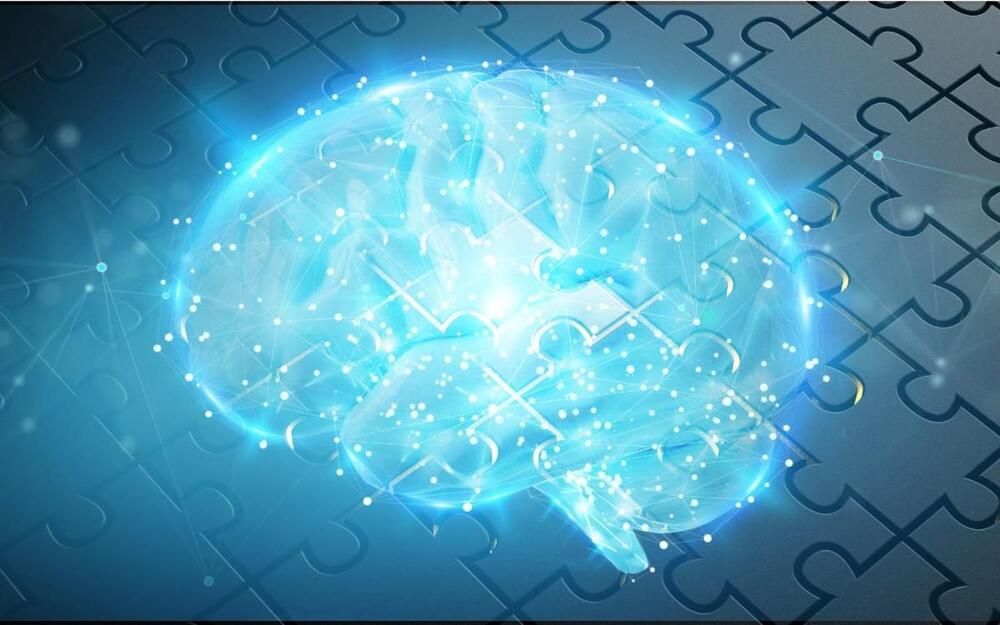NASA about to compound its SLS mistake with EPOC Artemis service contract.
The Agency plans to sole-source a service contract for up to 16 flights in the Artemis program. And Boeing is there for the handout.


As investors continue to put money into technology companies making a difference, there is a misconception that a majority of investors belong to younger generations. New research shows the distribution in ESG-motivated investment: 54% are Gen Z and millennials, 42% are baby boomers, and 25% are Gen Xers.
ESG Standards That Younger Generations Care About
From combatting climate change to expanding diversity in the boardroom and instituting more corporate equitable policies, technology companies need to understand what Gen Z and Gen X care about. If any sector of the global economy is sensitive to ESG it should be technology with its appeal to younger audiences. That’s why the recent acceleration of widespread reporting on ESG principles and practices is creating a shift in power, money and jobs from baby boomers to millennials and Gen Z, in which passive investing, COVID, social injustice issues, the Great Resignation and talent shortages are all contributing factors.



Gene therapy pioneer — dr. katherine high, MD — president, therapeutics, askbio.
Dr. Katherine High, MD, is President, Therapeutics, at Asklepios BioPharmaceutical (AskBio — https://www.askbio.com/), where she is also member of the AskBio Board of Directors, and has responsibility for driving the strategic direction and execution of pre-clinical and clinical programs of the company.
AskBio is a wholly owned and independently operated subsidiary of Bayer AG, set up as a fully integrated gene therapy company dedicated to developing life-saving medicines that cure genetic diseases.
Most recently, Dr. High was a Visiting Professor at Rockefeller University and previous to that, she served as President, Head of Research and Development, and a member of the Board of Directors at Spark Therapeutics (a subsidiary of Hoffmann-La Roche), where she directed the development and regulatory approval of Luxturna® (a gene therapy medication for the treatment of the ophthalmic condition Leber congenital amaurosis), and represents the first gene therapy for genetic disease to obtain regulatory approval in both the United States and Europe.
Dr. High was a longtime member of the faculty at the University of Pennsylvania and medical staff at The Children’s Hospital of Philadelphia, where she was also an Investigator of the Howard Hughes Medical Institute. She served a five-year term on the U.S. Food and Drug Administration Advisory Committee on Cell, Tissue and Gene Therapies and is a past president of the American Society of Gene & Cell Therapy.
For AI — reading and writing to memory is the biggest energy and time sink by far. A couple of new solution approaches here:
In this video I talk about NEW Technology which will enable the Next BIG Leap in Computing.
#IBM #AI #computing.
***
WATCH NEXT:
➞ Next Big Wave in CPU design: https://youtu.be/5fMWUC2MFrA
➞ Silicon Quantum Computer from Intel: https://youtu.be/j9eYQ_ggqJk.
➞ New WoW Processor explained: https://youtu.be/-NeRIrRSFs4
***
MY GEAR (affiliate links):
➞ Camera Sony Alpha 7 III: [https://amzn.to/3dmv2O6](https://amzn.to/3dmv2O6)
➞ Lens Sony 50mm F1.8: [https://amzn.to/3weJoJo](https://amzn.to/3weJoJo)
➞ Mic Sennheiser: [https://amzn.to/3IKW5Ax](https://amzn.to/3IKW5Ax)
***
It will be able to deliver images sharp enough to see the torch engraved on a dime from nearly 160 kilometers away.
The Giant Magellan Telescope, the most powerful telescope ever engineered, has secured a new $205M funding infusion that will be used to accelerate its construction. When finished, it will be four times more powerful than the James Webb Space Telescope.
According to the Giant Magellan Telescope Organization (GMTO), the investment is one of the largest funding rounds for the telescope since its founding and will be used to manufacture the giant 12-story telescope structure that will be housed at the Las Campanas Observatory in Chile’s Atacama Desert.
Ignore the ribbons, this is a very promising breakthrough for VR.
Researchers from Stanford University and Nvidia have teamed up to help develop VR glasses that look a lot more like regular spectacles. Okay, they are rather silly looking due to the ribbons extended from either eye, but they’re much, much flatter and compact than your usual goggle-like virtual reality headsets today.
“A major barrier to widespread adoption of VR technology, however, is the bulky form factor of existing VR displays and the discomfort associated with that,” the research paper published at Siggraph 2022 (opens in new tab) says.
